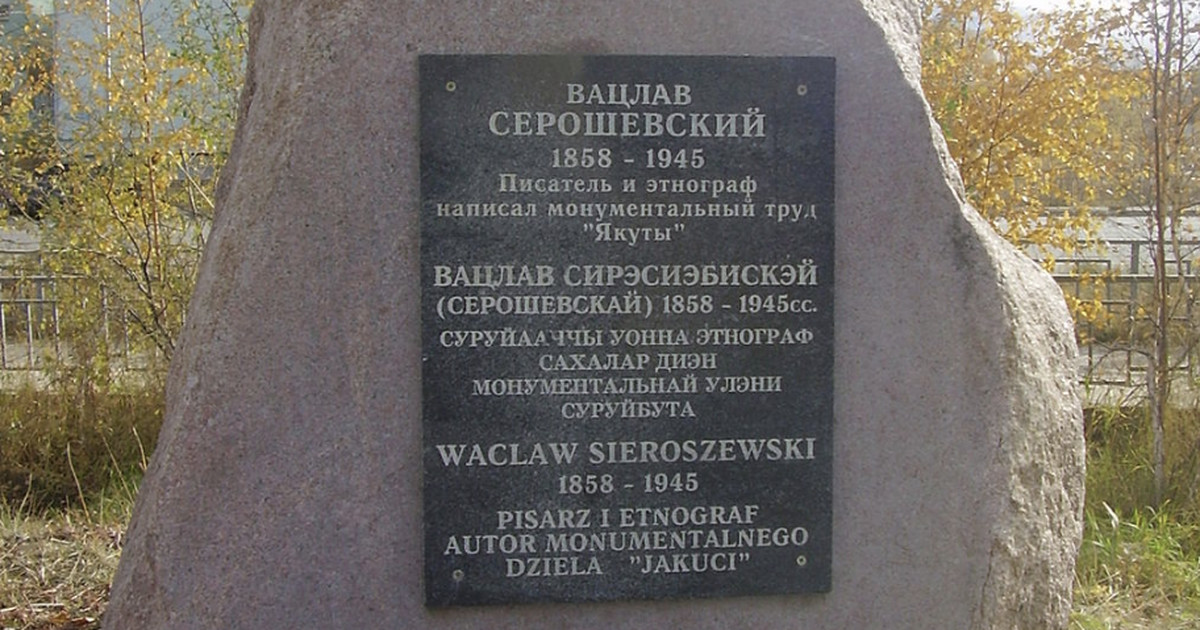Other Poles who made special contributions to the development of Siberia while in exile and were honored with a place on the monument include Edward Piekarski, author of a 13-volume dictionary of the Yakut language, Jan Czerski, author of a geological map of Siberia. the coast of Baikal, and Aleksander Czekanowski, discoverer of large deposits of coal and graphite.
The monument is disappearing gradually, Sakhaday reported. At first it was surrounded by a fence, then the plaques disappeared, and later the granite stones themselves were removed, leaving an empty area where the monument was located.
Sakhaday wrote that in June, when plaques with the names of the exiles disappeared from the rocks, authorities could not explain why they were removed and where they were taken. The mayor’s office promised to find out what happened to the monument, but they did not announce it.
Ruslan Vasiliev, head of the Yakutia branch of the All-Russian Society for the Protection of Historical and Cultural Monuments, spoke about what happened to the monument, emphasizing: “the Polish exiles did a lot for Yakutia, we must honor their memory, despite politics.”
On September 24, it turned out that a monument honoring Finnish soldiers who died during World War II had disappeared from the city of Priozersk in Leningrad Oblast. The Priozersk regional government said it was not responsible for the security of the monument and had no information about its whereabouts. This monument in Priozersk was erected in June 2019 under an agreement between Russia and Finland at the cemetery of 130 Finnish soldiers who died in 1939-1945.
In July 2023, a monument to victims of Polish political repression disappeared from the Levashov Memorial Cemetery in St. Petersburg. At that time, TASS sources in the St. Petersburg government Petersburg reported that the monument was sent for renovation after being attacked by vandals.

“Reader. Future teen idol. Falls down a lot. Amateur communicator. Incurable student.”


![Bogusław Wołoszański: “Achieving nuclear weapons would be the beginning of World War III” [WYWIAD]](https://storage.googleapis.com/bieszczady/rzeszow24/articles/image/877236c0-66fd-457a-9eb4-41792f9077ff)




